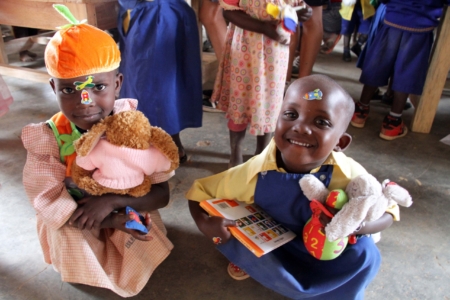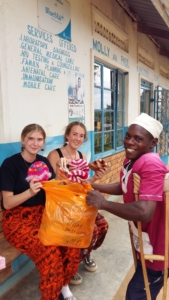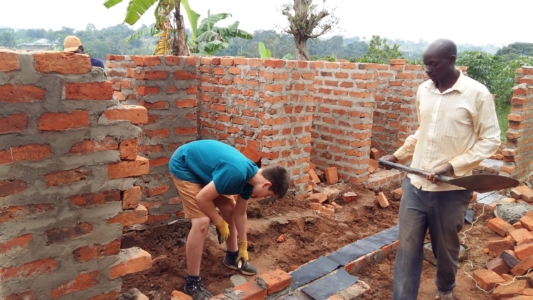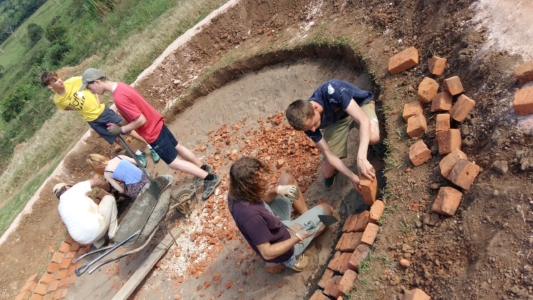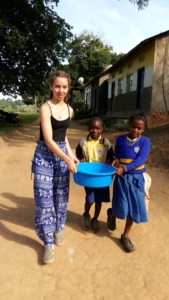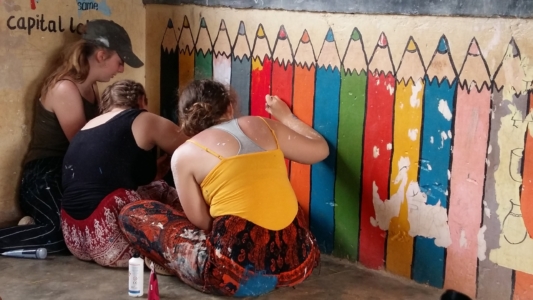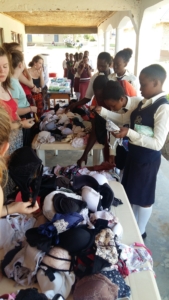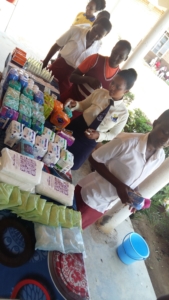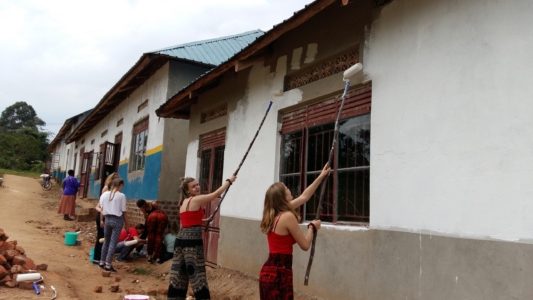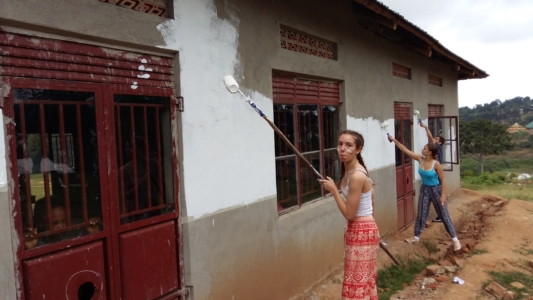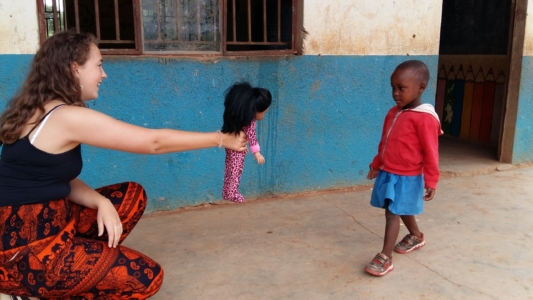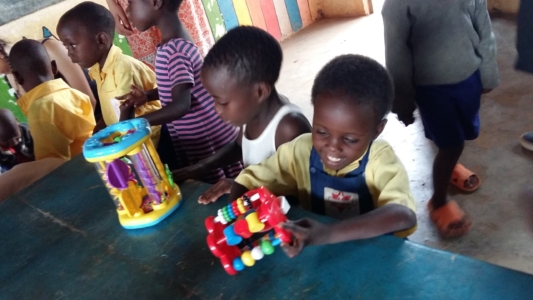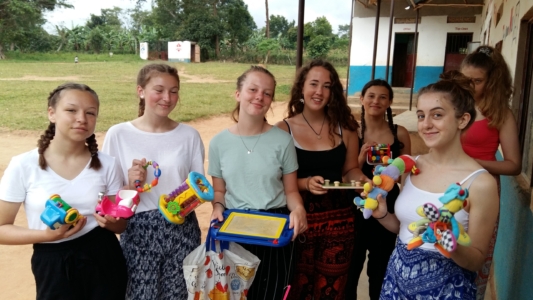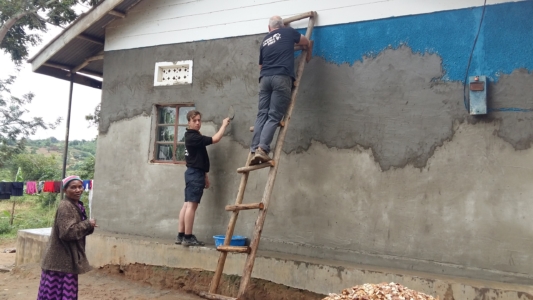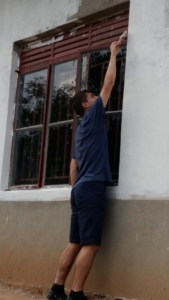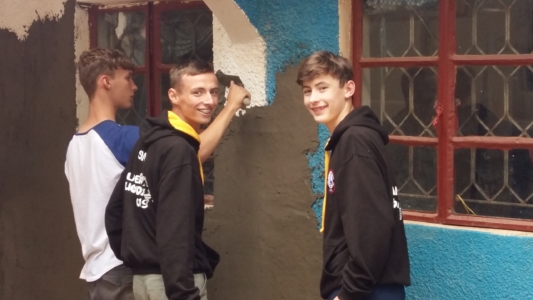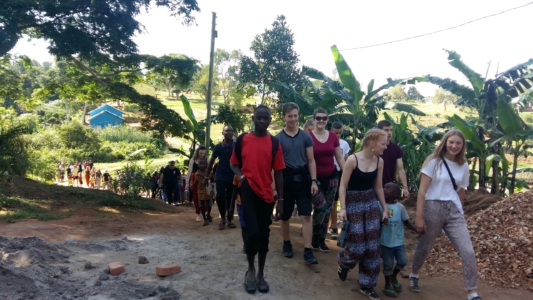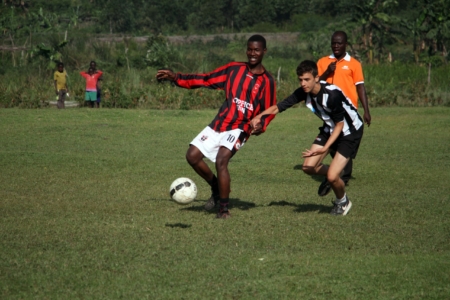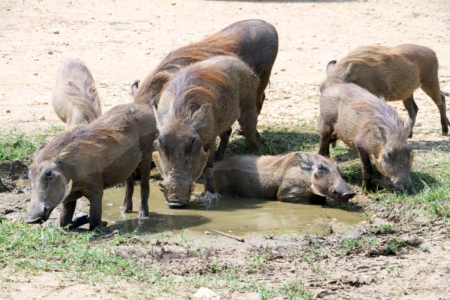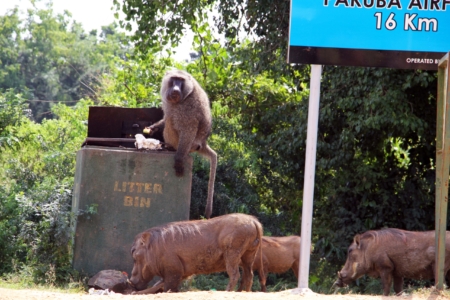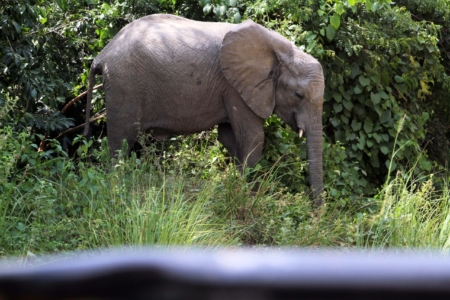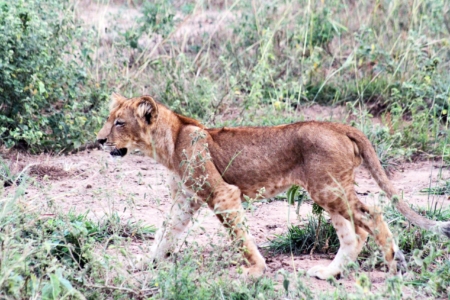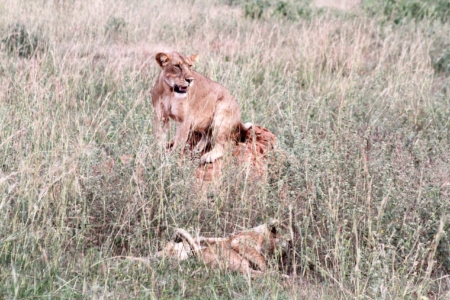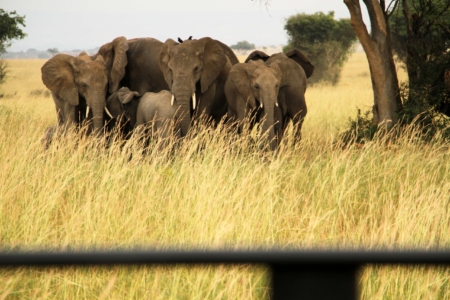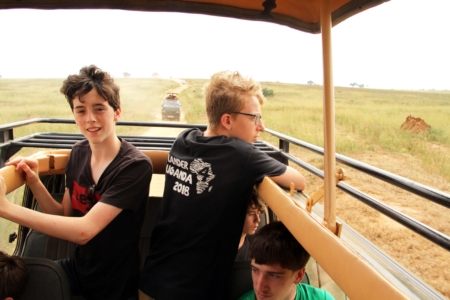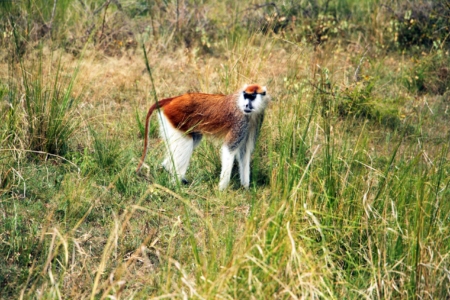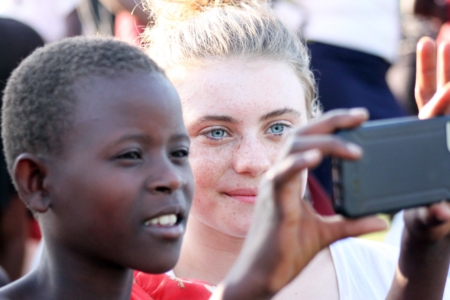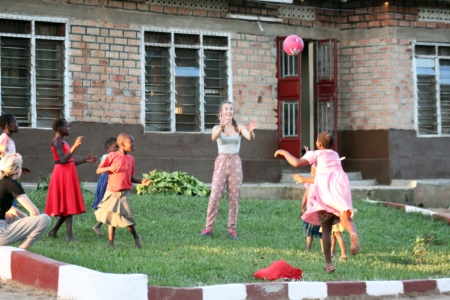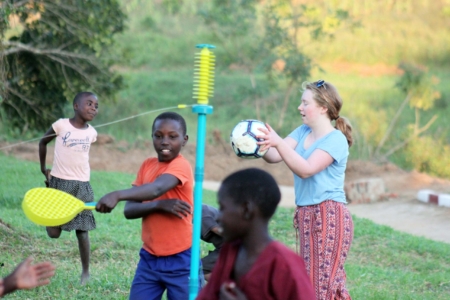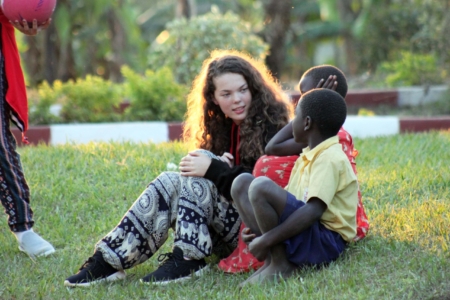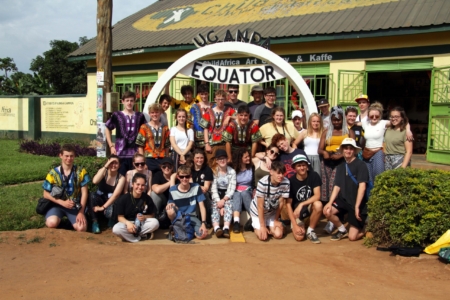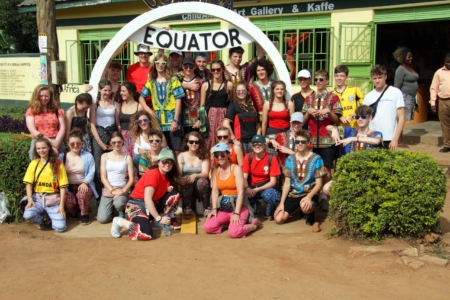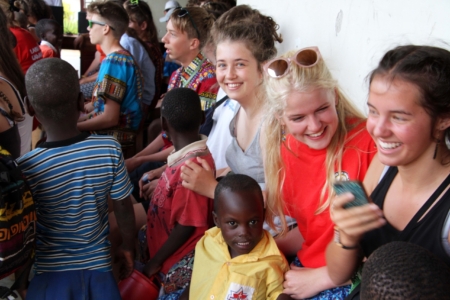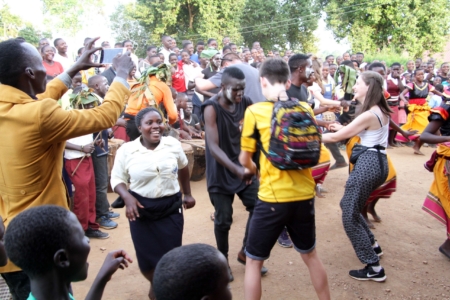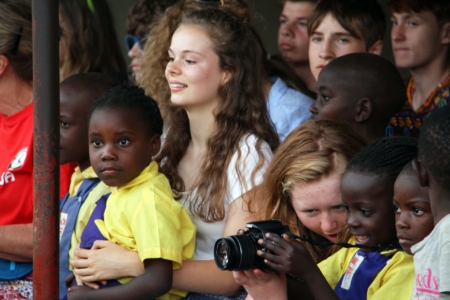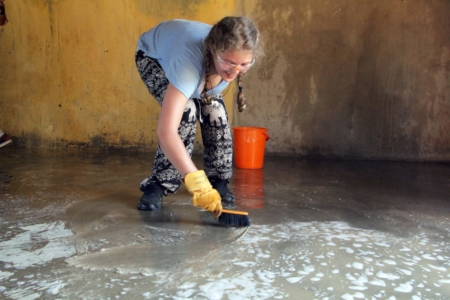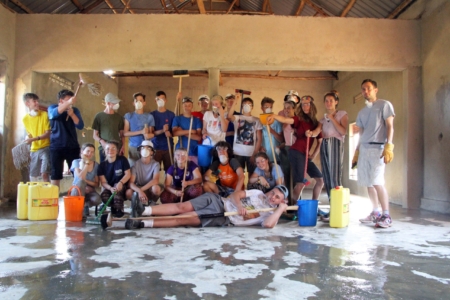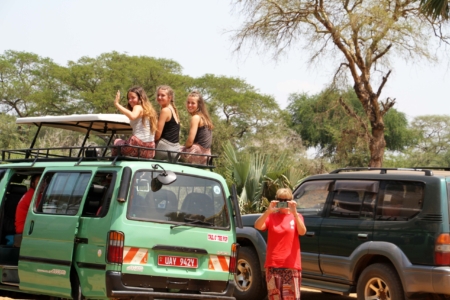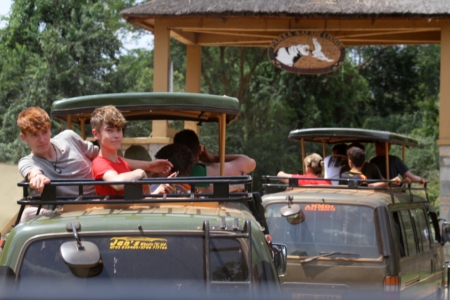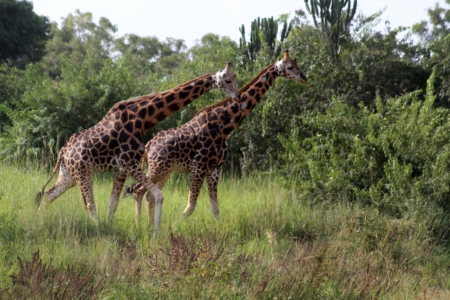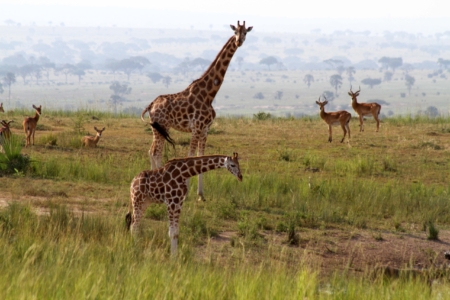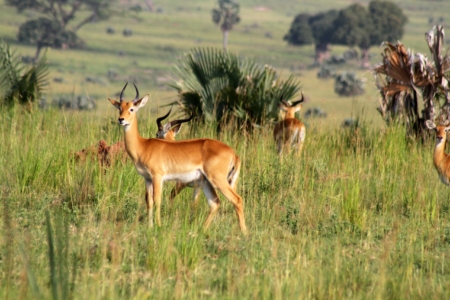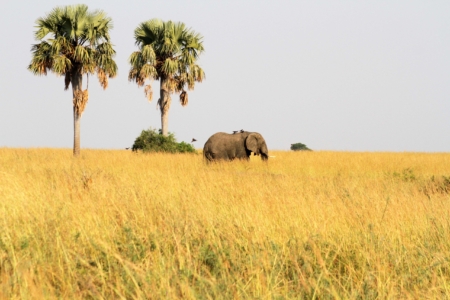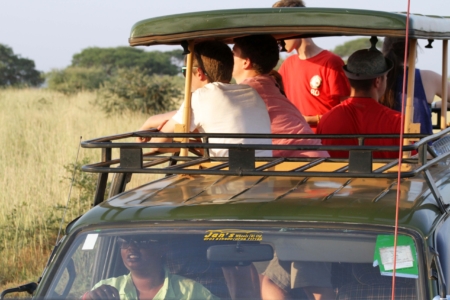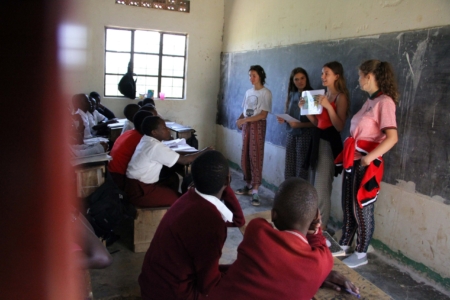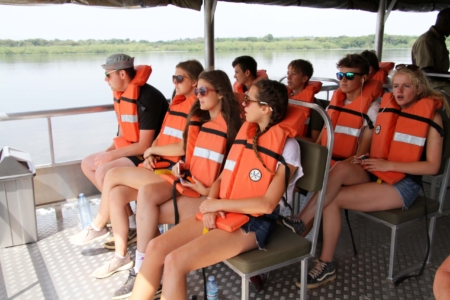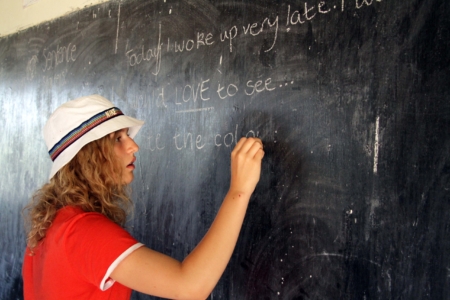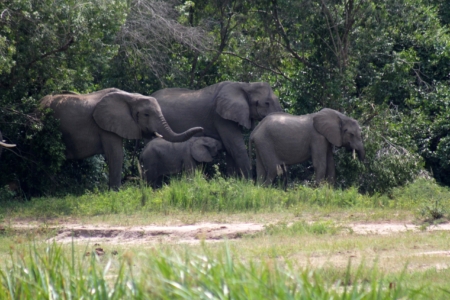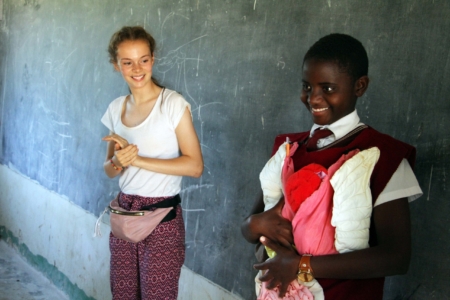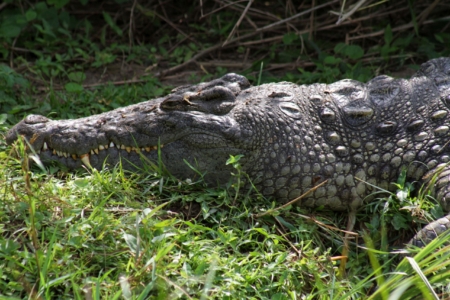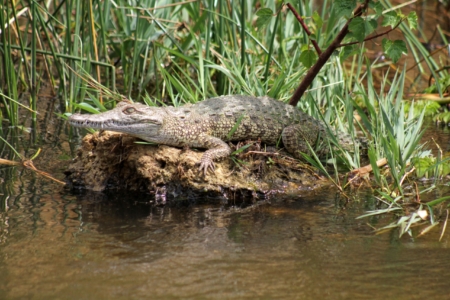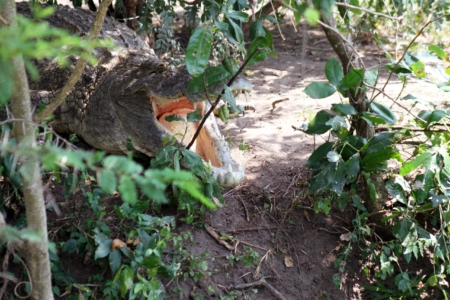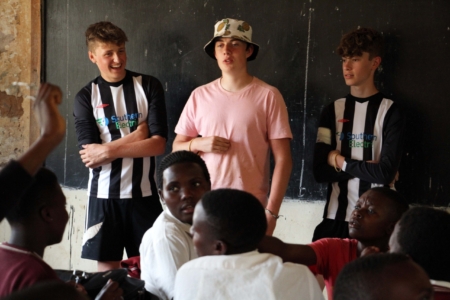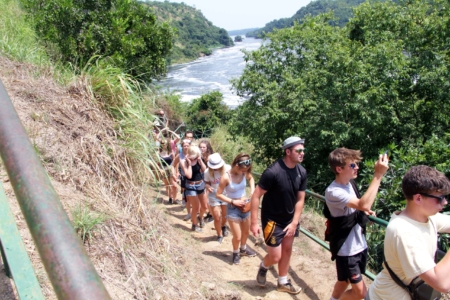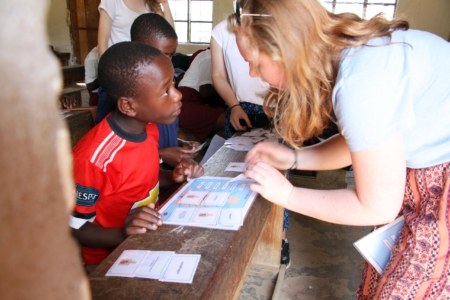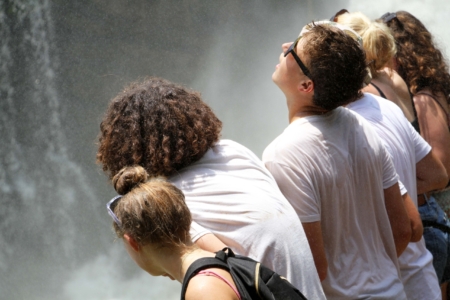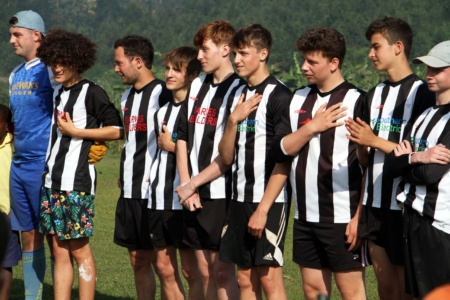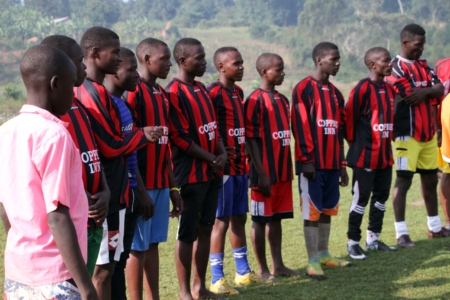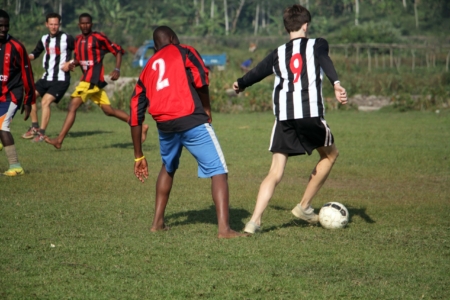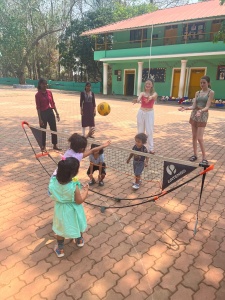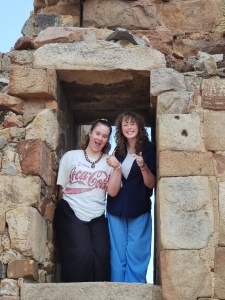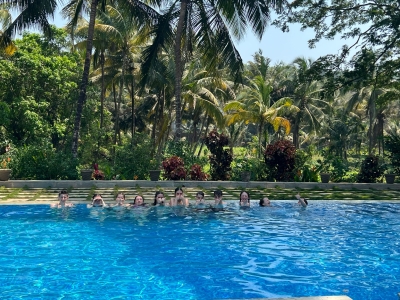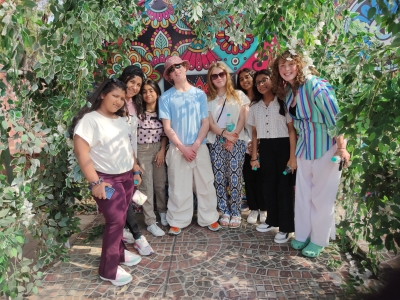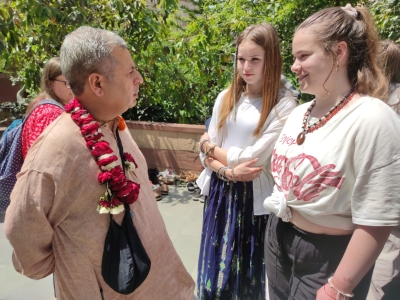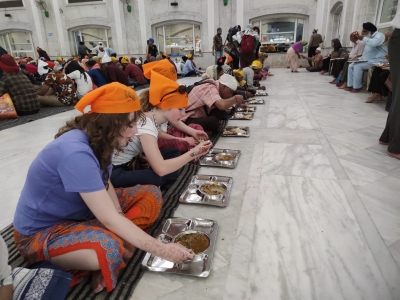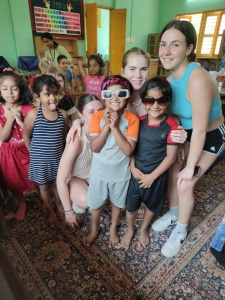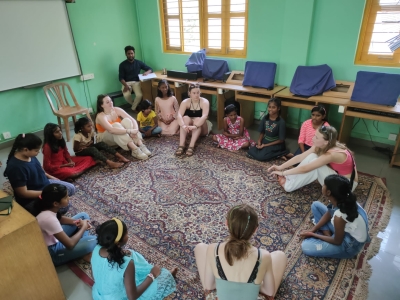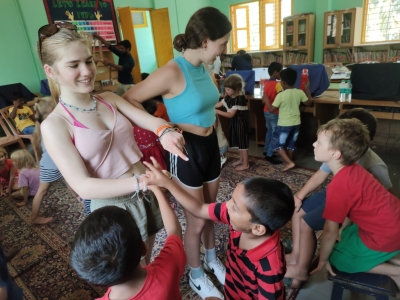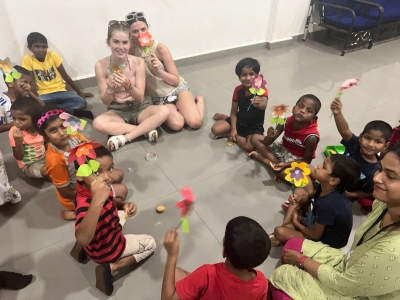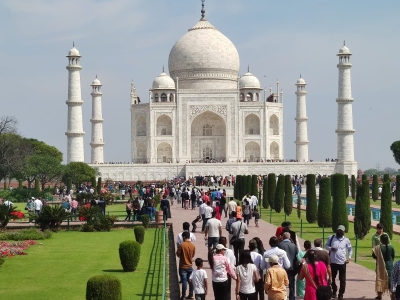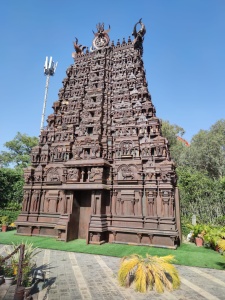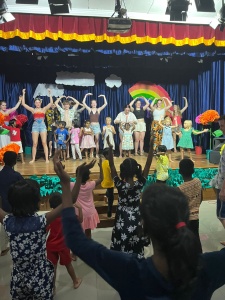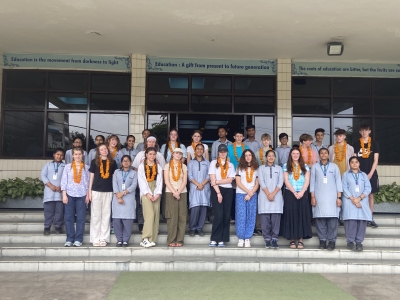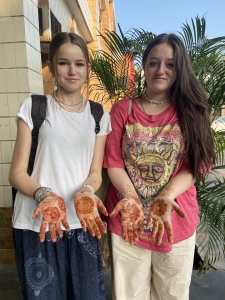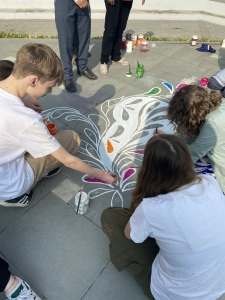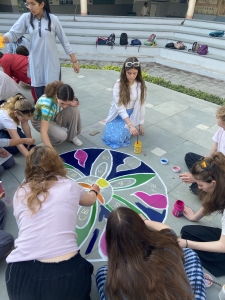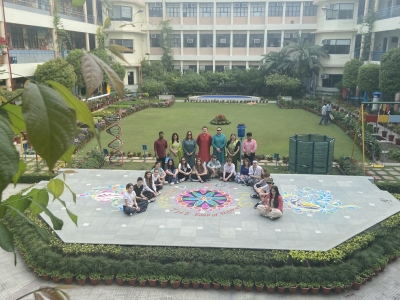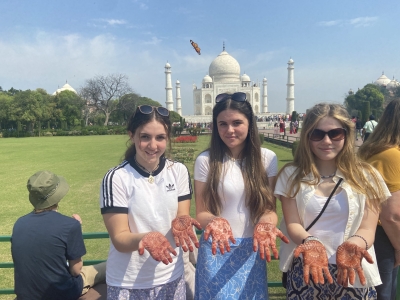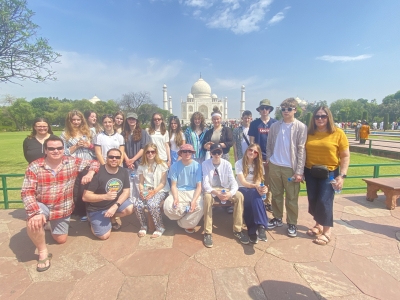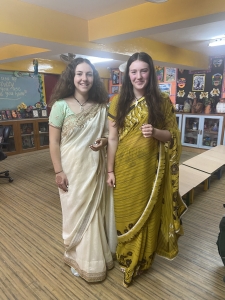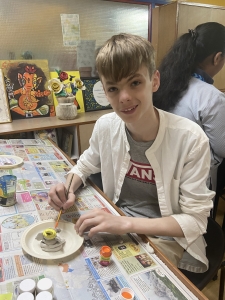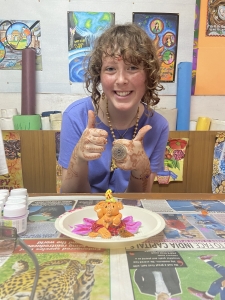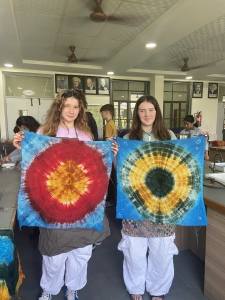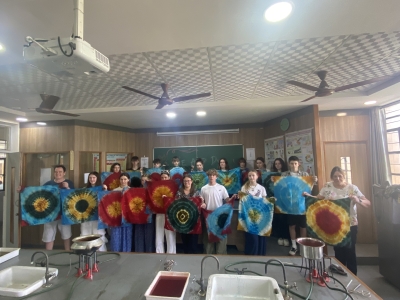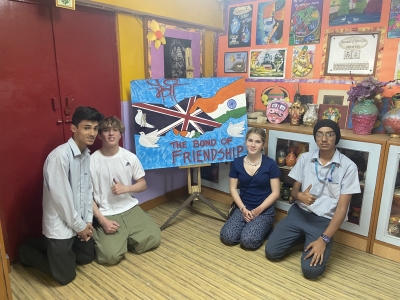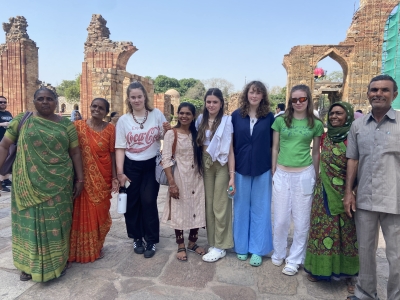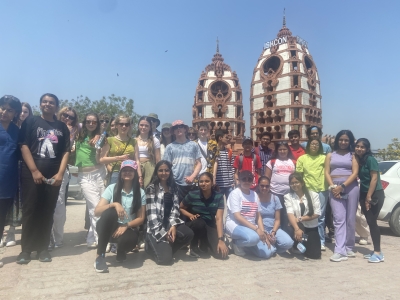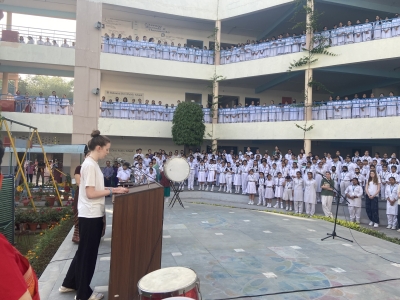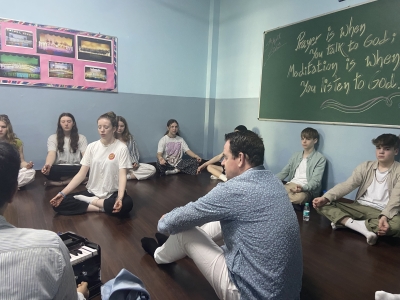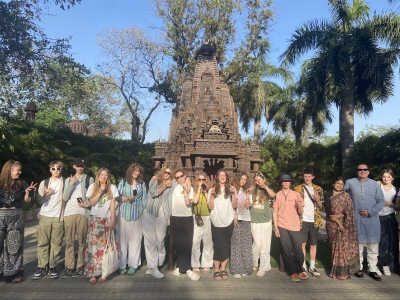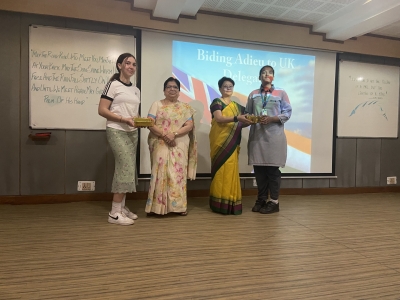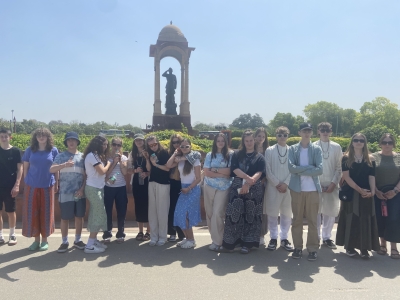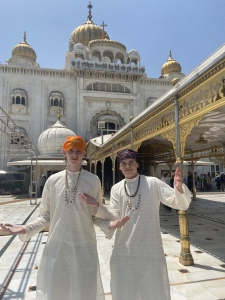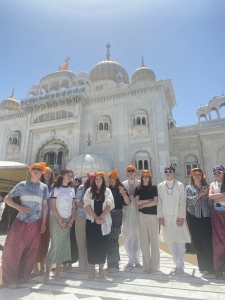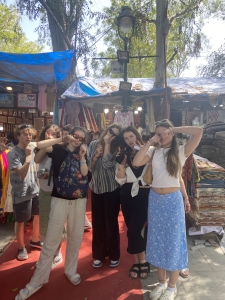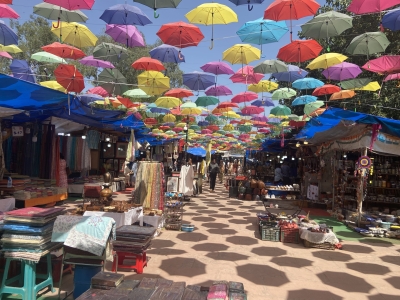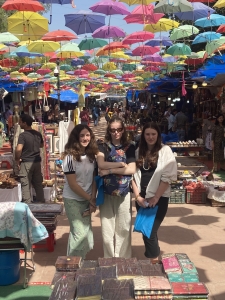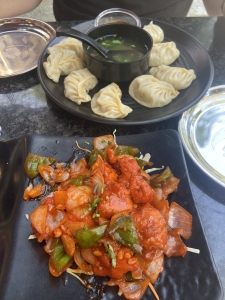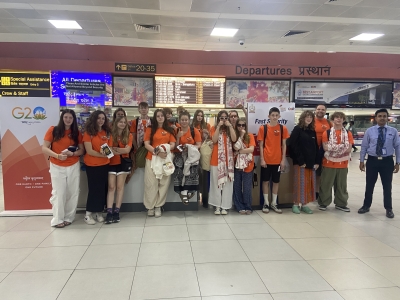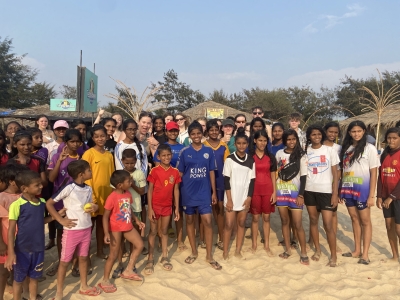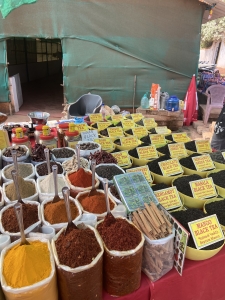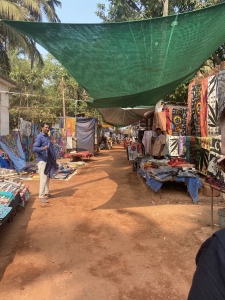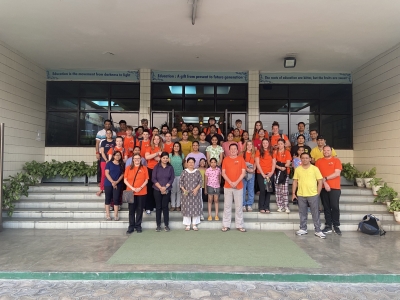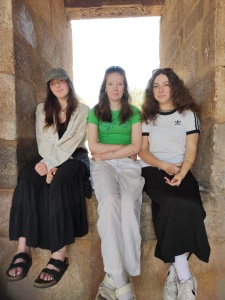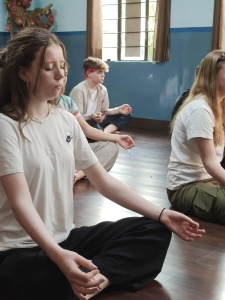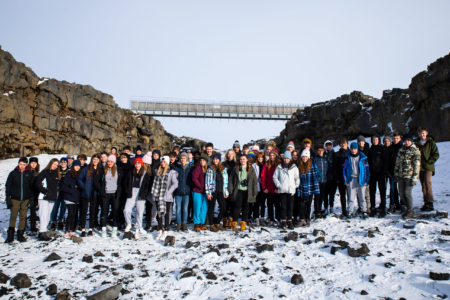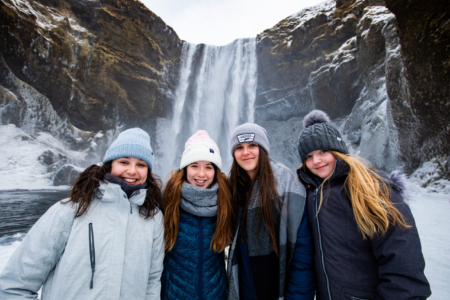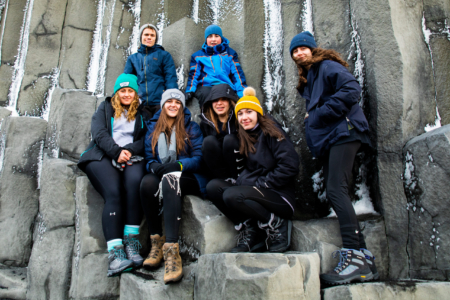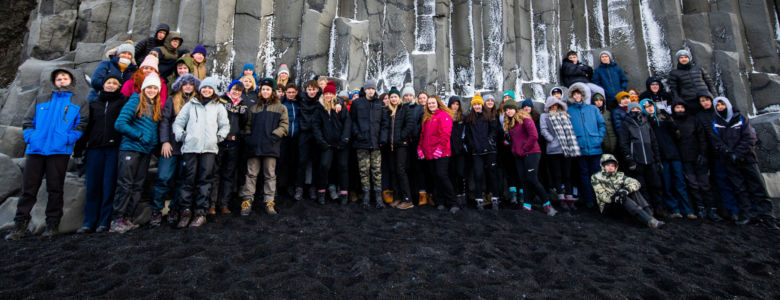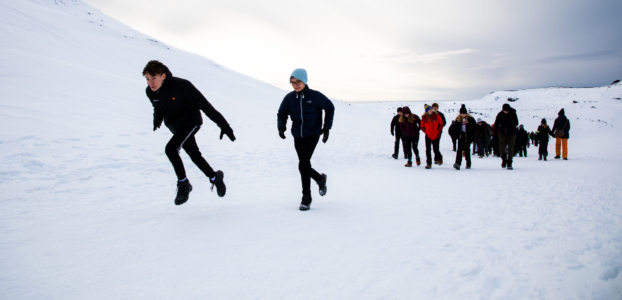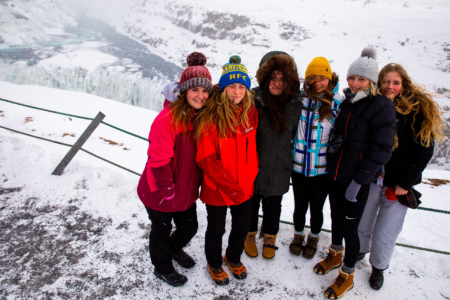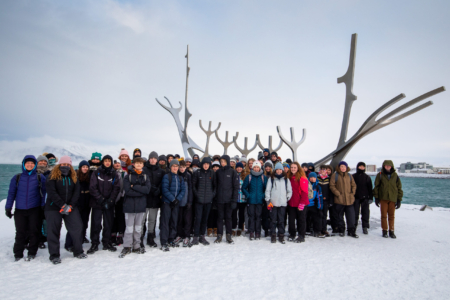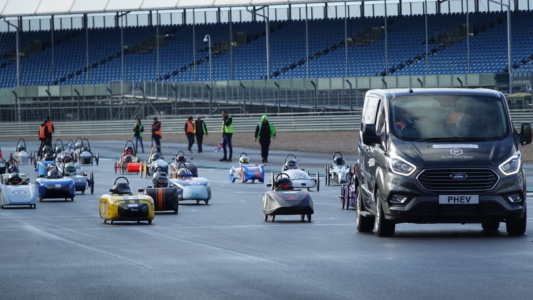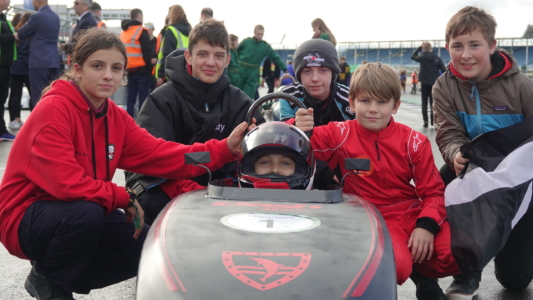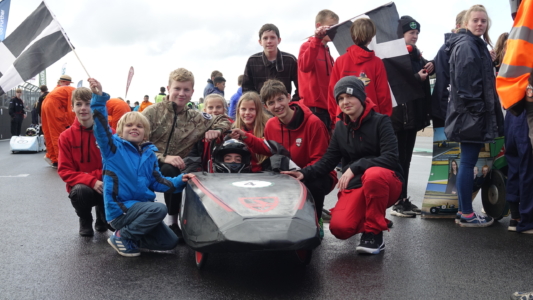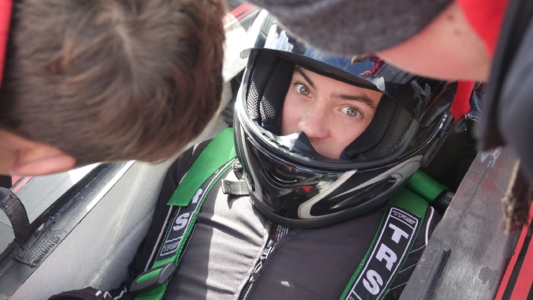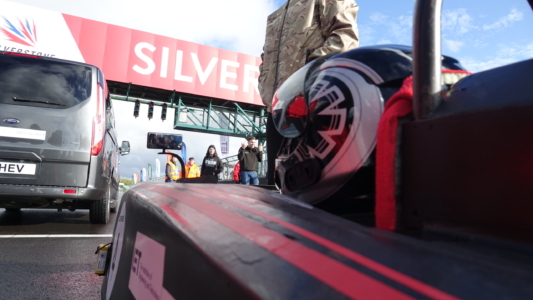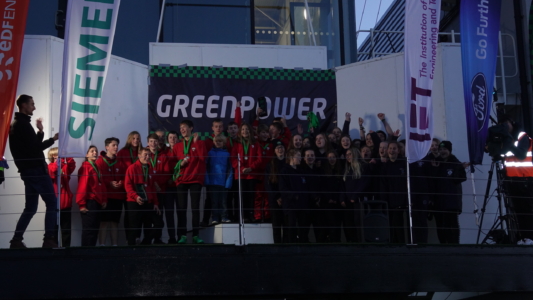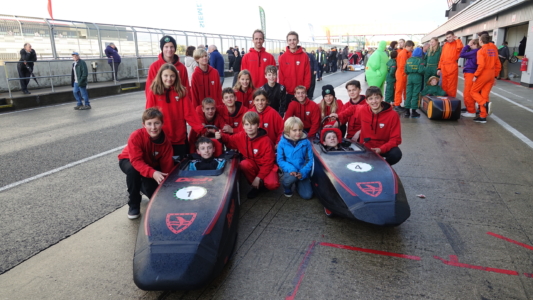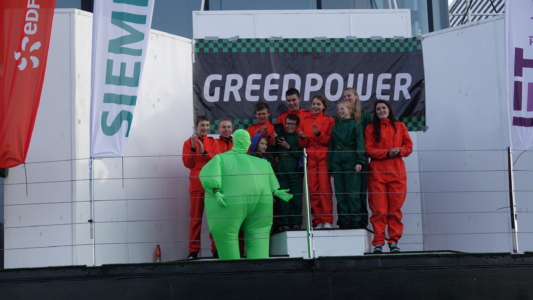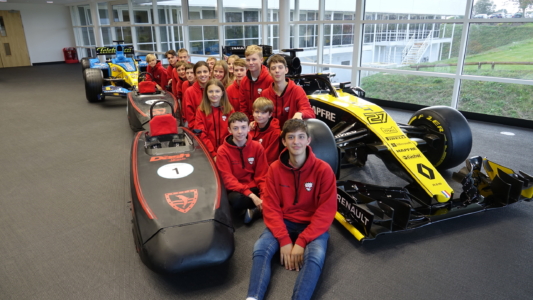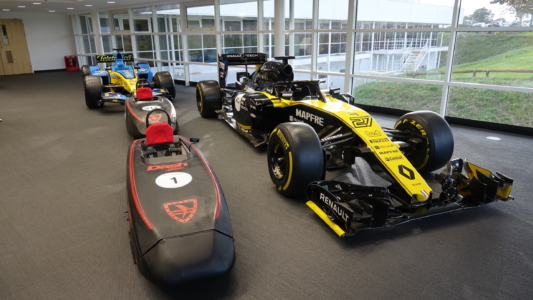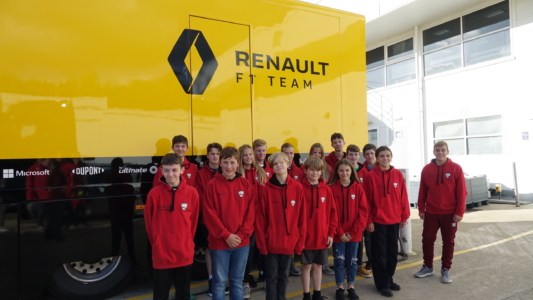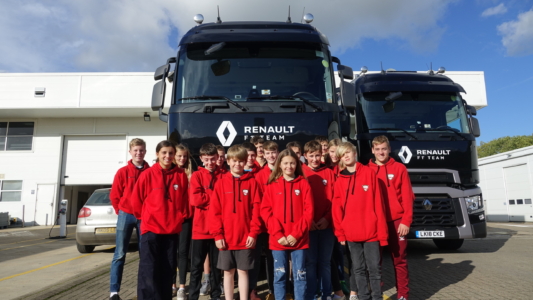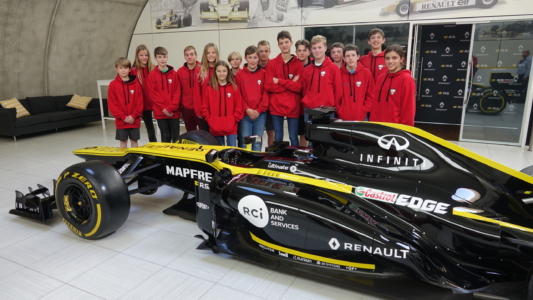KS4 Opportunities
This section details some of the many trips and visits our students have taken part in before Covid-19. These visits are part of the rich and extensive extra curricular programme which helps to broaden the mind and develop the notion of ourselves as global citizens.
Our KS4 international visits have given students the opportunity to work in a Ugandan school, discover the charm of bathing in an Icelandic hot spring, immerse themselves in history and reflection on the Munich and Dachau Concentration Camp and memorial trip and take part in cultural visits to France and Spain.
In addition, there are many opportunities to visit places of local interest and to visit cities such as London, to go to the theatre in the West End or visit the capital’s museums or art galleries.
Year 10 and 11 Duke of Edinburgh students can progress on to the Silver Award, or train for the Ten Tors challenge.
We also enjoy an exciting range of in school extra curricular opportunities. Our annual school production sees student actors, musicians, sound and lighting engineers, costume and set designers working together to produce an awe inspiring show. Our Greenpower team, Richard Lander Racing, gives our engineers and drivers the chance to compete at an international level.
One off events such as charity bake offs, competitions, art, humanities, creative writing and science workshops, along with learning community sports events compliment our timetable of lunchtime and after school clubs
For the most recent copy of our Lunchtime and After School Clubs brochure please follow this link.
For more information on PE and Sports clubs and fixtures please follow this link.
For more information on Creative Arts extra curricular please follow this link
Our Year 10 trip to Uganda is a truly life changing experience.
After a year of fundraising, students travel to East Africa for 4 weeks away from home, distributing funds and donations, and working in our partner schools as bricklayers, painters and teachers.
The adventure begins when students sign up for the Uganda trip whilst in Year 9. This gives parents a year to pay for the trip and the team a year to raise money for the building and infrastructure projects our students will take part in. Over a whistle-stop year of bake sales, school sleepovers, head shaves, charity auctions, quiz nights, sponsored events, babysitting, curry nights… students become effective and experienced fundraisers.
The trip begins in Entebbe, where students are welcomed by the Pearl of Africa Children’s Choir. After acclimatising and visiting the Equator, we head off to Molly and Paul Schools. Here, we deliver donations, carry out building works, and bond with Ugandan students over sport, performance and games nights.
Students paint classrooms, work on construction sites, teach lessons, and engage in football and netball matches, drumming workshops and talent competitions with their Ugandan peers.
In the final week of the trip, students head off on a city tour of Kampala, with visits to the vibrant craft markets, the Gaddafi mosque, the Royal Palace and Idi Amin’s torture chambers.
We then visit the Ngamba Island Chimpanzee Sanctuary, where students learn about conservation efforts for one of Uganda’s most endangered species, and Murchison Falls National Park, where students see elephants, giraffes, crocodiles, hippos and other iconic wildlife in a natural environment.
Students return to the UK with a renewed sense of gratitude and a broader world view. Many note that the relationships they built, both within their teams and with the Ugandan communities, as among the most rewarding aspects of the trip.
In 2024 and 2025 Richard Lander School was awarded Turing Scheme funding to pay for the costs of the trip for 12 students and 3 staff. The Turing Scheme is the UK’s global programme for studying, working and living abroad, offering once-in-a-lifetime opportunities for personal and professional development for students.
Over the years, over a thousand students have visited Uganda, raising over £200,000 – all thanks to our amazingly supportive students, staff, families and local community
To read all about this amazing experience please visit the L4U2023 blog.
Each year, our Year 10 students are able to spend one month in Thailand on the trip of a lifetime. The trip is both a cultural immersion and a dynamic, action packed adventure for our students.
The trip begins with 2-3 days in the capital city, Bangkok, where students get to visit some of the country’s most famous landmarks including the Grand Palace and Wat Pho (The Leaning Buddha).
Following this, students spend 2 weeks in the historic northern city of Chiang Mai, close to Thailand’s hilly rainforest. During this time, students go on a 3 day rainforest trek, visit an elephant sanctuary, attend meditation classes, cooking classes, basket weaving classes, Muay Thai training, visit local temples and spend 2 days visiting our partner school which is located in the foothills of the rainforest.
Students then spend over a week on the idyllic island of Koh Tao. There, students spend 7 days scuba diving and in the process gain their PADI Open Water qualification, and for some, their Advanced Open Water qualification, enabling them to scuba dive to a depth of 30 metres.
The trip also offers further cultural richness during visits to night markets, meeting with local monks and regularly dining out in traditional Thai restaurants.
This is a trip of a lifetime; a cultural immersion with a dynamic and fast paced programme of activities.
Each year, our students have the opportunity to spend 3 weeks in India. This is both an amazing cultural experience and an opportunity to form close and lasting bonds with our Indian partner school.
Our trip begins in New Delhi; one of the world’s largest cities. Here, our students will be paired with an Indian student and their family and will be welcomed into their homes for a week and a half. During the day, students will take part in a range of school based activities including art and sculpture classes, Indian dance classes, singing classes and engage in sporting activities with our Indian partner school. In the evenings, host families will offer our students a rich cultural experience; normally eating out in the evenings, going to local festivals or carnivals etc.
Then students will take a flight to Goa, which is a beautiful, coastal location. Students will stay at a hotel overlooking the Indian ocean. During the day, they will partner with a local school which offers education to children who mainly come from orphaned backgrounds. They will spend time in classes, sharing a cultural experience and also playing sports.
Following this trip, our Indian partner school from New Delhi will make a return visit and stay at the houses of their English partner exchange students, making this a truly reciprocal partnership between two continents.
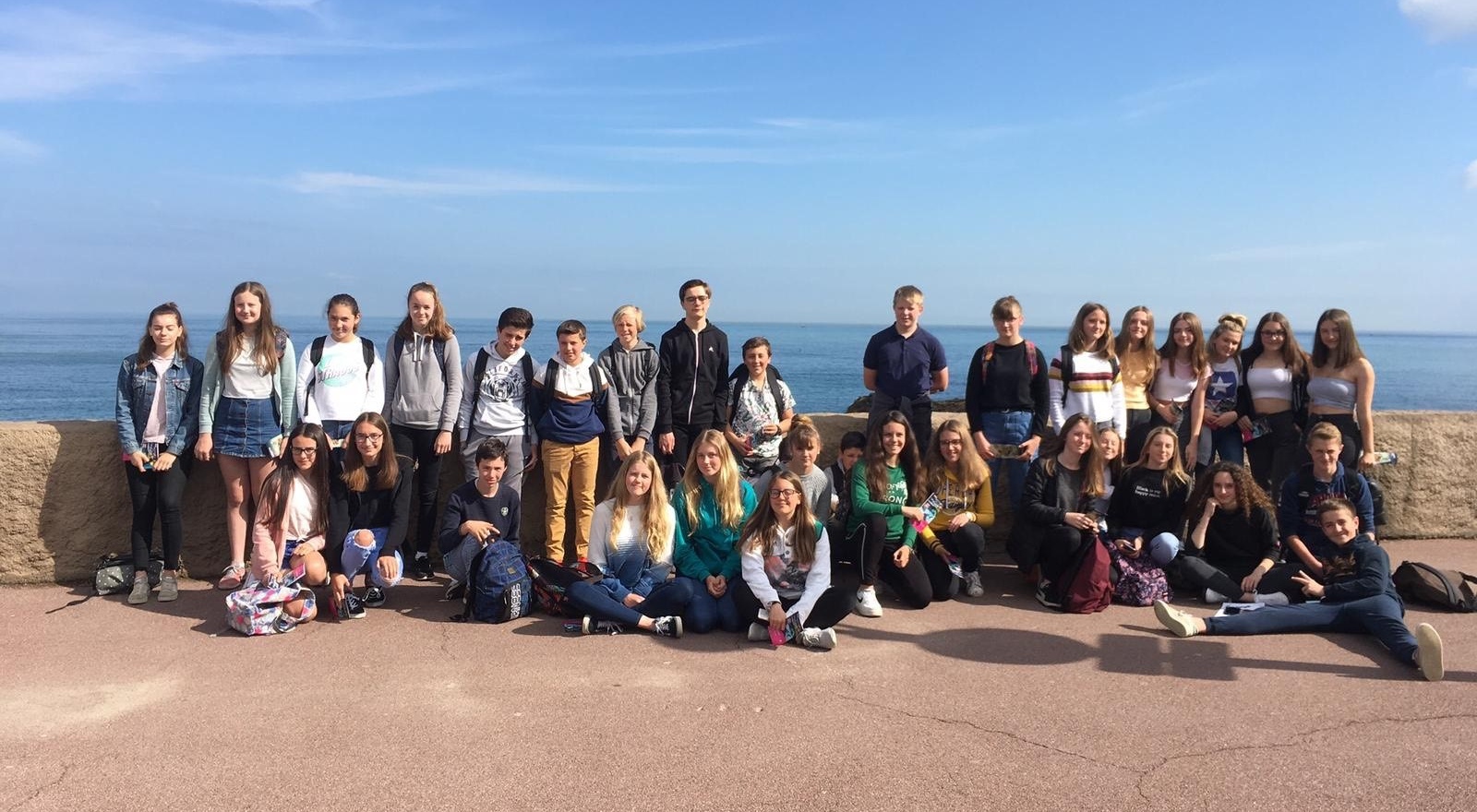
Richard Lander School has been running exchange trips with French schools for many years.
15 of our keenest linguists travelled to Navarrenx in southern France to spend a week with their French correspondents.
The Navarrenx students had visited us the previous December on the first leg of the exchange and our students had brought them into school to experience an English school day and shown them the sights of Cornwall.
Year 10 student, Dan, wrote this report:
After a 12 hour journey we arrived at College des RempArts where we met the Headteacher, our correspondents and their parents. It was great to see our French friends again. The Headteacher announced that he expected us to speak French at all times as he didn’t speak a word of English!
We then went to the family homes of our exchange students for the weekend. Although it all felt a bit strange initially, by the end of the first day I felt very comfortable around Estaban’s family and there was lots of fresh bread which tasted much better than English bread.
Over the weekend some students visited the Lindt chocolate factory, but we stayed in the village and played lots of ping pong and visited Tom and his exchange partner who were just down the road.
On Monday we went back to le college des Remparts where we had 2 lessons, mine were geography and English. In geography we learnt the lifecycle of a t-shirt in French, in English we had a trivia quiz and I won. On Tuesday we visited the aquarium in Biarritz, we took lots of photos and watched local people going about their business. After that we had free time, I bought a Kit Kat flavoured ice cream and visited a librairie and Tom starred in a local YouTuber’s video. With Tom and his correspondent we went on a tour du velo (cycling tour) which went past the English teacher’s house.
On Wednesday we went back to school for a French grammar lesson and the teacher taught us about Napoleon 3rd and how Biarritz was used by his armies. We also had a Spanish lesson but I didn’t understand much! After school we went into Navarrenx to visit the market stall, I bought myself a baguette. School finished at 12:35 as French students have Wednesday afternoons off.
On Thursday, during the school day we went to Pau, where we caught a cable car up to King Henry 4th’s house and saw an impressive well. We walked through the town with free time to explore. I bought really sour sweets and fed them to Ms Hargrave’s husband. He didn’t like them.
Then we went bowling and I came second.
On Friday we left the school to travel back to England. At the airport one of our teachers had her cheese confiscated as it was soft cheese and only hard cheese is permitted. The flight was delayed for 10 minutes but the bus was also delayed in England so we eventually got home at around 10pm.
I had a great time visiting my French family and would recommend this trip to any students who are thinking about participating in the future.
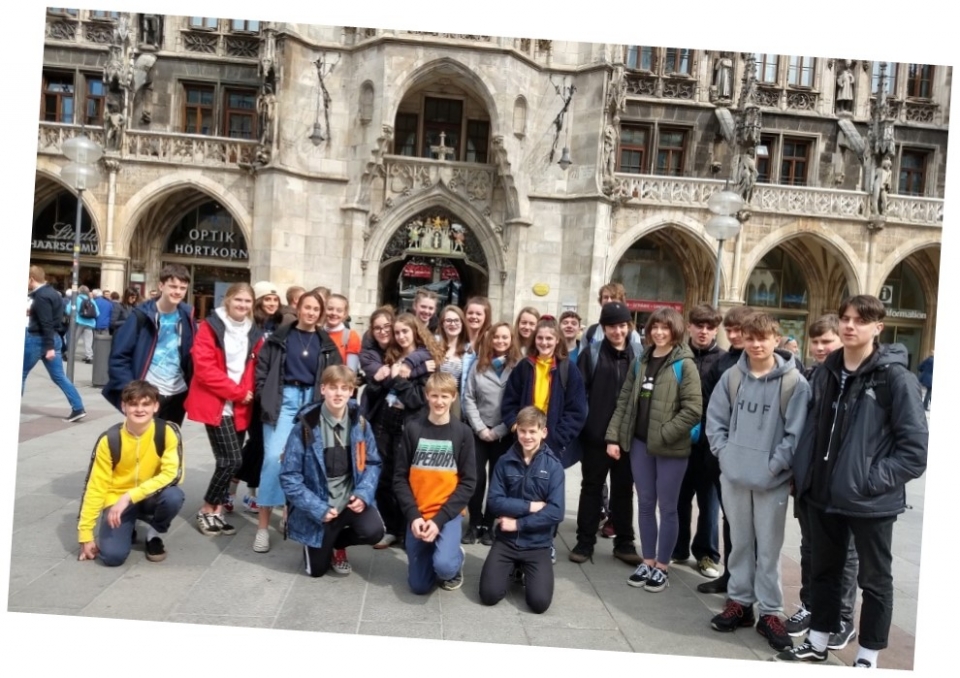
Our Munich trip offers our GCSE Historians the chance to immerse themselves in the past.
Before the Easter break, 30 Year 10 students and members of the History Department visited Munich. This visit is linked to the GCSE specification but is also fantastic for anybody who has an interest in Weimar and Nazi Germany.
On the first day, students had a walking tour of Munich, exploring the cultural history of this famous city. Students were able to visit the site of the doomed Munich Putsch of 1923, the beer halls and gardens of Munich and Munich University. This is the site where Hans and Sophie Scholl, students of the university dropped hundreds of anti-Nazi leaflets, which led to their execution. There is a memorial to Hans and Sophie Scholl at this site.
Day 2 involved a trek to the Mountains where Hitler enjoyed spending a lot of his time. This is the location of the ‘Dokumentation Centre’, which focuses on Propaganda, but also methods of fear used by the Nazi Party. The views were astounding and underneath this complex, Hitler built a bunker system, which we were also able to explore. Following this we visited Salzburg in Austria, the home to the ‘Sound of Music’ to immerse ourselves in some Austrian culture. There was also some free time for shopping and eating apple strudel! In the evening we returned to Munich and had some free time for bowling.
Day 3 was another busy day. We visited the site of the Zeppelin fields in Nuremberg and the enormous stadium Hitler was planning to build on this site. It now houses an extensive Museum covering his rise to power, methods of control and Propaganda. The site was supposed to resemble the colloseum, but would have been 3 times larger and covered in Marble. The Zeppelin fields, where the Nazis held their famous rallies, including the rally of 1935 which led to increased laws segregating Jewish people, despite not being maintained, still provided our students with an opportunity to see how Hitler would use rallies to inspire and intimidate his audience. In the afternoon we visited courtroom 600 the site of the Nuremburg trials, where men and women accused of participating, organising and killing during the holocaust were put on trial. There was a museum dedicated to explaining the process and the fates of the people on trial.
Day 4: This was our last day in Munich. In the morning we visited Dachau Concentration Camp and memorial. This was obviously a time for reflection. So much of what we had been learning about during our time in Munich and Nuremburg was in preparation for this. The students were respectful and listened carefully to our guide. In the afternoon we went for lunch in the Englischer Garten in Munich where we heard traditional German music and relaxed in the sun before boarding our flight home.
Each year, the Year 10 Geography students embark on an awe-inspiring trip to Iceland, an island renowned for its dramatic landscapes, geothermal activity, and fascinating geographical features.
The journey begins in Iceland’s capital, Reykjavík, a city steeped in history and innovation. Students learn about the city’s quakeproof architecture, designed to withstand the frequent seismic activity in the region and marvel at the contrast between the city’s modern infrastructure and its rugged, volcanic surroundings.
The second day ventures into Iceland’s iconic landscapes of glaciers, waterfalls, and sea stacks. Standing face-to-face with these stunning yet fragile features, students are able to better understand the real-time effects of climate change.
On the third day, the focus shifts to Iceland’s geothermal activity. Students visit the world’s largest geothermal power station, gaining valuable insights into sustainable energy practices. Witnessing the dramatic eruptions of the Great Geysir provides a vivid demonstration of the power beneath the Earth’s surface and how it can be harnessed as a renewable energy source.
The trip concludes with a day of diverse experiences, from exploring a traditional fish-drying station to taking in the beauty of Lake Kleifarvatn and the rugged Reykjanes Peninsula.
This annual trip to Iceland offers students an unparalleled opportunity to immerse themselves in the study of geography, witnessing first-hand the delicate balance of natural forces shaping our world. It remains a transformative experience that leaves them inspired and informed about the challenges and beauty of our planet.
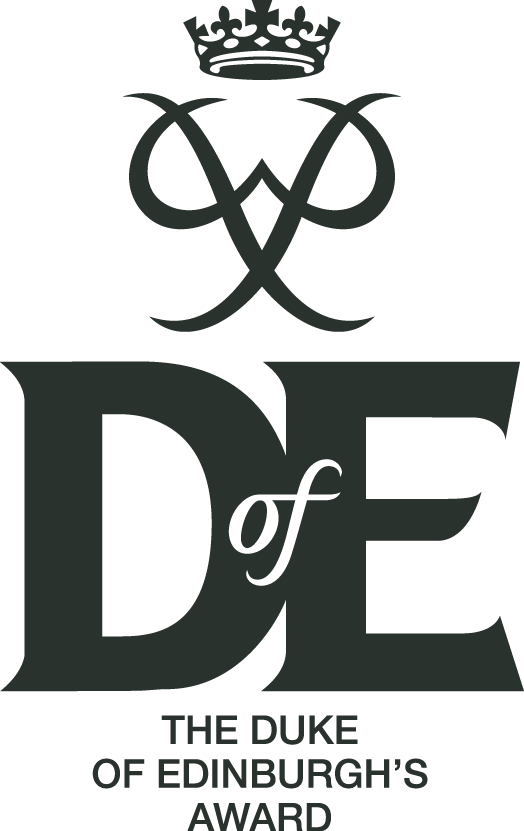 In years 10 and 11, students can progress to Duke of Edinburgh Silver award. There are four sections to complete; they involve helping the community/environment, becoming fitter, developing new skills, planning, training for and completing an expedition.
In years 10 and 11, students can progress to Duke of Edinburgh Silver award. There are four sections to complete; they involve helping the community/environment, becoming fitter, developing new skills, planning, training for and completing an expedition.
Any young person can do their DofE – regardless of ability, gender, background or location. Achieving an Award isn’t a competition or about being first. It’s all about setting personal challenges and pushing personal boundaries.
Through a DofE programme young people have fun, make friends, improve their self-esteem and build confidence. They gain essential skills and attributes for work and life such as resilience, problem-solving, team-working, communication and drive. A DofE award enhances a CV or university/ job application and employers recognise the work-ready skills award holders bring to their business.
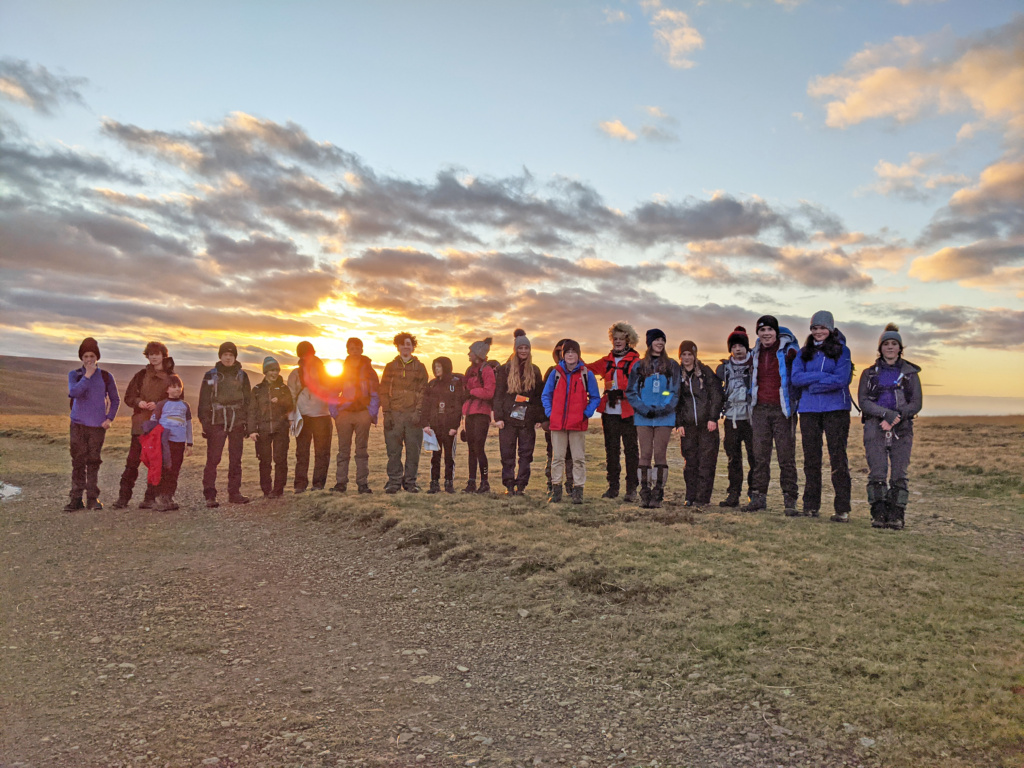
Year 10 students who have completed DofE Bronze and are looking for an extra endurance and navigation challenge, are invited to train for Ten Tors.
The Ten Tors Challenge is attempted by 2,400 teenagers in 400 teams of six during the weekend following the May public holiday. The teams navigate routes of 35, 45 or 55 miles (depending on age) over the Northern half of Dartmoor, visiting ten nominated tors / check points in under two days. Teams must be self-sufficient, carrying all that they need to complete their route and stay out overnight safely. There may be many challenging outdoor events in Britain today, but Ten Tors stands alone in its scale, its ambition and the fact that it is aimed solely at young people.
At Richard Lander School, we begin training students in January, starting with day walks on Bodmin Moor and Dartmoor and then progressing to camping weekends on Dartmoor. In April the final team is chosen.
In 2019, for the first time, we were allowed to enter 2 teams, both of which successfully completed the challenge.
Congratulations to all the students who took part in Ten Tors this year. We followed the progress of our two selected teams on the weekend of 11th/12th May when they left Okehampton to trudge across 35 miles of Dartmoor, climbing ten tors and carrying rucksacks of up to 20kg containing everything they needed to survive and camp wild to complete this challenge. Our 2 teams were sent on different routes and we are proud to say both crossed the finishing line before 12am on Sunday! They had a few blisters and aches and pains but nothing too serious. Well done to Aaron, Ben, Mack, Kate, Jason, Milo, James, Sophie, Evie, and Olivia!
Ever thought about designing your own race car, then taking it to a race track like Silverstone or Goodwood and racing? Well, that is exactly what our students have done with their Greenpower race car.
The Greenpower competition encourages schools to build a race car, within a set design brief, using battery power as its energy source. It helps create designers and engineers of the future, who are already focusing their attention on sustainability issues.
Our Greenpower team are students from all year groups, who have worked with staff to design the Greenpower car. Students then race it in ‘Le Mans’ style events, complete with pit teams and driver changes.
The Richard Lander Racing Team are five-time world Greenpower champions having won the international final at Rockingham Motor Speedway in 2017, 2018 and 2019 and again in 2022 and 2023! Read about our 2023 victory here:
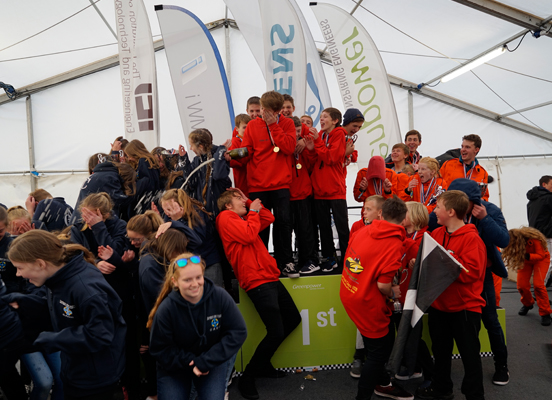
Richard Lander School offers a wide array of lunchtime and after-school clubs. Whether it’s sport, art, music, drama, chess, debate, eco-club, Minecraft, Warhammer, Mock Trial, Greenpower .. there will be something for you to get involved in!
Our latest brochure of lunchtime and after-school clubs is available here:
